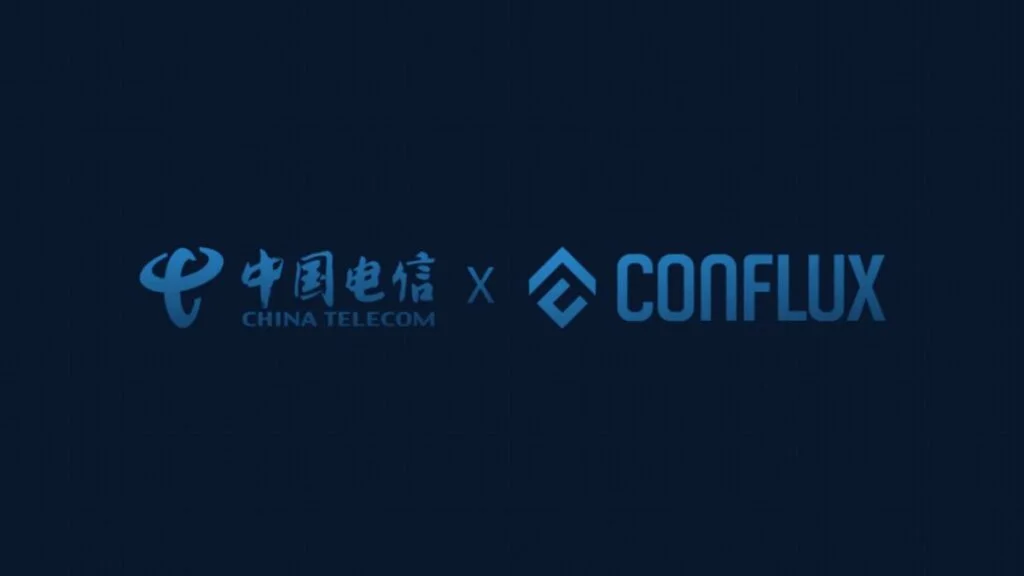Conflux Network and China’s second-largest wireless carrier China Telecom have partnered to build a “blockchain-enabled SIM card”.

Conflux Network, also known as the Shanghai Tree-Graph Blockchain Research Institute, said on February 15 that it had partnered with China Telecom to create a blockchain SIM (BSIM) card.
According to Conflux, the BSIM will be able to utilize the stated signature to transfer money to other users and will have a secure location to keep digital private keys.
Additionally, users will be able to examine transaction information and status progress in real-time thanks to a “one-click direct check” functionality.
“The R&D phase for the BSIM card is complete – and it’s connected to Conflux’s main network in testing! This prototype has storage & sending functions for digital assets.”
The new BSIM card, according to Conflux, may store nonfungible tokens (NFTs) and facilitate transfers and an exchange feature. According to the company, China Telecom’s technology enables the BSIM to have up to “10-20 Times Storage Space” compared to conventional SIM cards, providing enhanced access to decentralized software and online communities.
With more than 390 million users, China Telecom is currently the second-largest telecoms company in the nation. Hong Kong will host the debut of the BSIM’s first pilot program later this year.
Using a hybrid proof-of-work and proof-of-stake consensus, Conflux is a layer-1 blockchain. It is marketed as the “only regulatory-compliant public blockchain in China,” and the company claims that businesses like McDonald’s China and Oreo have worked with it to use its technology. The Shanghai Municipal People’s Government supports its parent organization, the Shanghai Tree-Graph Blockchain Research Institute.
